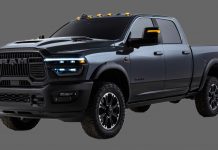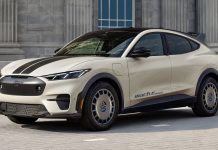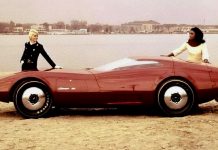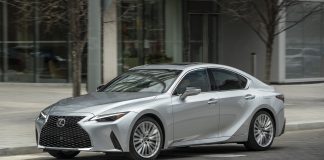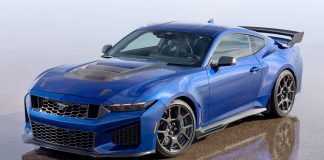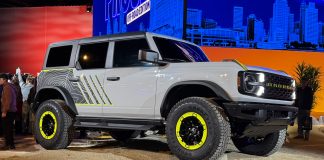Ford Motor Company has announced a temporary pause in production of its electric F-150 Lightning truck, reflecting the ongoing turbulence in the electric vehicle (EV) market. The automaker stated that the assembly plant in Dearborn, Michigan, which produces the battery-powered pickup, will be idled from mid-November through early January 2024. This hiatus comes as car manufacturers, including Ford, face slowing demand and market pressure for EVs.
The F-150 Lightning, Ford’s high-profile entry in the EV market and a critical piece of its electrification strategy, has struggled to maintain the sales momentum seen during its launch. Despite being initially well-received, the truck has since encountered waning consumer interest, prompting Ford to implement significant price reductions to attract more buyers.

In an official statement, the automaker explained, “We continue to adjust production for an optimal mix of sales growth and profitability.” The decision to halt production of the F-150 Lightning also follows an earlier move by Ford to permanently eliminate one of the production shifts at the Dearborn plant. These adjustments come amid a broader backdrop of challenges facing the EV industry, from volatile pricing and economic pressures to increased competition.
Market conditions have led automakers to rethink their EV strategies over the past year. Ford, for instance, canceled plans for a new electric three-row SUV earlier this year, citing a tough pricing environment. Meanwhile, Ford’s EV division continues to report significant financial losses. The company recently revealed that its full-year adjusted pretax profit would fall on the lower end of its forecast, with EV-related expenses and rising warranty costs weighing heavily on its earnings.
The competitive landscape has also intensified. Tesla, a dominant force in the EV market, initiated a wave of price cuts in 2023 to boost sales, setting off a chain reaction among other manufacturers. Traditional automakers like Ford and General Motors (GM) have since had to implement their own price reductions and discounts to reduce growing inventories of unsold electric models.
GM, a key rival, has delayed the construction of a battery production facility and pushed back the release of a new Buick EV, further indicating a recalibration in EV strategies among major players. While the competition in the U.S. remains fierce, concerns about the emergence of Chinese automakers have also rattled the industry. Although Chinese EV brands are not yet present in the U.S. market, their global growth and ability to offer affordable, tech-savvy electric cars have caught the attention of American car executives.

Ford’s CEO, Jim Farley, has openly addressed the challenge posed by these international competitors, describing the rise of Chinese EV manufacturers as “an existential threat” to legacy automakers. This looming concern, combined with the current economic climate and the high costs of EV development, underscores the uncertainty gripping the EV market.
As the pause in F-150 Lightning production coincides with heightened political discourse on EVs, particularly ahead of the upcoming U.S. presidential election, the implications for Ford and the broader auto industry remain significant. For now, Ford’s strategic adjustments reflect a broader effort to balance investment in future technologies with the realities of current market demand.


